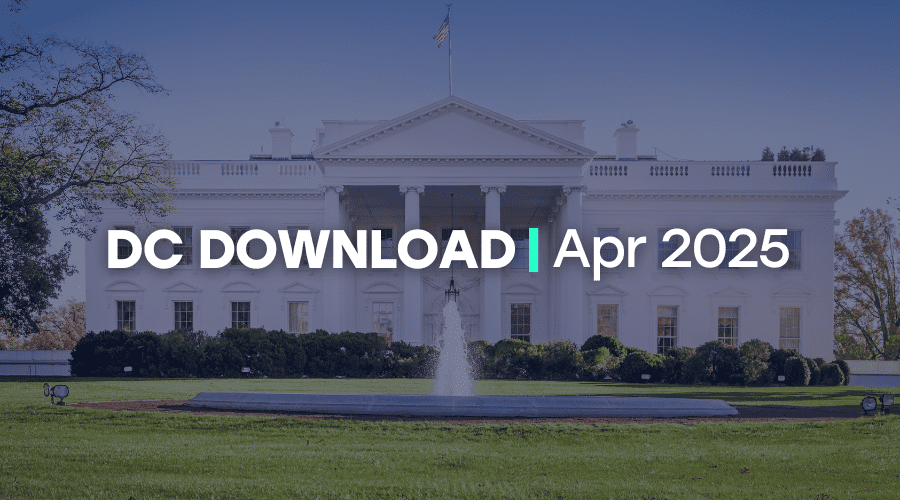Congress is back in session after the August recess, and it has been busy between hearings and keeping the government funded. Here is a rundown of the latest developments that nonprofits should be aware of during September.
Congress Set to Keep the Government Funded
Last week, the House passed a temporary funding bill that would keep the government funded until November 21. The measure passed the House 301-123. Due to the bipartisan nature of the vote, it is expected that the Senate will also pass the House version of the continuing resolution next week before the September 30 deadline to keep the government funded.
The stopgap measure includes funding for the National Flood Insurance Program, economic relief for farmers affected by the U.S.-China tariffs, and more economic resources for the Census Bureau to prepare for its decennial count in 2020.
Hearing on Public Service Loan Forgiveness Program
Last week, the House Subcommittee on Higher Education and Workforce Investment held a hearing titled, “Broken Promises: Examining the Failed Implementation of the Public Service Loan Forgiveness Program”. The Public Service Loan Forgiveness Program (PSLF) is meant to wipe away student-loan debt for people who work in public-service jobs, including qualified nonprofit organizations, law enforcement, teaching and the military.
During the hearing, MarketWatch reported that Jeff Appel, an officer of the Department of Education, acknowledged that PSLF “presents numerous obstacles to borrowers.” Mr. Appel, who is director of policy liaison and implementation in the department’s Office of Federal Student Aid, mentioned that the low approval rate of applicants (as of 2018 only 1% of applicants had been accepted) is related to the program’s complexity.
Mr. Appel said the department agreed with Government Accountability Office (GAO) recommendations to better explain the rules to applicants and loan servicers. The watchdog office made the recommendations last year. The Education Department hasn’t put them fully into effect, according to the GAO.
Momentum on State and Local Tax (SALT) Deduction
Democrats will push to include a temporary repeal of the current $10,000 cap on annual state and local tax (SALT) deductions in a year-end package, according to a senior member of the Ways and Means Committee. Rep. Bill Pascrell (D-NJ) and Rep. Mike Thompson (D-CA) said last week that they hoped to have legislation ready for a committee markup in October.
Rep. Pascrell is the author of a bill to permanently eliminate the $10,000 cap, which was a key feature of the 2017 tax code overhaul. His plan was to partially offset the cost of nixing the cap by raising the top marginal tax rate on individuals from 37 to 39.6%, which is where it was before the Tax Cuts and Jobs Act.
Charitable Giving Legislation Adds Cosponsors
Reps. Chris Smith (R-NJ) and Henry Cuellar (D-TX) continue to add cosponsors to H.R. 651, which would create a universal charitable deduction that is available to all taxpayers whether they itemize their taxes or not. They are now joined on this bill by 15 Democrats and 8 Republicans. Tell your legislators to make the tax code fair and help every American give to charity.
More Concerning Giving Data: Number of Donors and Dollars Keeps Dropping
The 2019 Second Quarter Fundraising Report from the Fundraising Effectiveness Project shows a year-to-date decline in charitable giving in 2019 compared to last year, with a 5.8% decline in the number of donors, a 7.3% decline in dollars raised, and a bigger decline in gifts at the middle and larger sizes, according to Nonprofit Quarterly.



